PEOPLE project
The key idea of the PEOPLE project is that understanding people should become an indispensable part of industrial development processes, as a means to achieve practical-based education as well as new categories of products, services, or business strategies that truly address people’s needs and lead to sustainable innovation.
The PEOPLE project addressed 3 urgent challenges for the European Union:
- the underemployment of European graduates in anthropology, sociology, psychology and related fields;
- a lack of social science expertise in the sustainable living and energy sector;
- the need for better-engaged social science learning in higher education.
The project focused on the mismatch between qualifications gained by humanities and social science students and skills expected from graduates by employers in industry. Particularly in the fields of anthropology, psychology, sociology, and related disciplines, a lack of practical experiences among recent graduates often diminishes their employability in the industry sector and contributes to high overall rates of unemployment among youth in the European Union.
The key innovative contribution is the implementation of Learning Cycles as a novel pedagogical approach that brings together interdisciplinary groups of students, faculty educators and industry professionals to solve real-life industry challenges. New learning modules were embedded in degree programmes, enabling students to gain valuable practical skills to complement their theoretical education, while demonstrating the value of that education for industry.
PEOPLE project therefore addressed the immediate needs of both graduates and companies. The former applied the skills learned through their training in sociology, psychology, and anthropology to real-life and work situations, as well as gained a unique research experience and acquired new skills and competences. The latter benefited through an understanding and implementation of people-centred research and development processes into their product or service development and innovation. At the same time, our alliances contributed to the recognition and higher employability of young and perspective humanities and social sciences cadres in industry.
The project will have a long-lasting impact on higher education institutions and society at large by improving the relevance of social science teaching and research: taking into account the needs of the industry, displaying the applied value of anthropology, psychology, sociology, and related disciplines, providing graduates with relevant skills, and promoting their employment in the business and industry sectors.
WHO WE ARE
 PEOPLE (People-Centred Development Approaches in Practical and Learning Environments) is an international project co-funded by the by the European Union under the Erasmus+ Programme (Cooperation for innovation and the exchange of good practices, Knowledge Alliances for higher education).
PEOPLE (People-Centred Development Approaches in Practical and Learning Environments) is an international project co-funded by the by the European Union under the Erasmus+ Programme (Cooperation for innovation and the exchange of good practices, Knowledge Alliances for higher education).
Project Reference: 574832-EPP-1-2016-1-SI-EPPKA2-KA
Start date: 01. 11. 2016
End date: 31. 10. 2019
⇒ PEOPLE on Erasmus+ Project Results Platform
To jointly develop and integrate people-centred development approaches into research, teaching and learning practices an alliance was formed between a higher education or research institution and an industry partner from the energy efficiency and sustainable energy sectors in each of the four participating countries:
- Slovenia: Research Centre of the Slovenian Academy of Sciences and Arts, company Metronik and IRI UL (the coordinator);
- United Kingdom: Durham University, Durham County Council (1.8.2018 - 30.10.2019) and company Kemuri (1.10.2017 - 31.7.2018);
- The Netherlands: VU Amsterdam and company Alliander;
- Czech Republic: Charles University in Prague and company VUPS.
The project was coordinated by an intermediary organisation from Slovenia, IRI UL (Institute for Innovation and Development of University of Ljubljana).

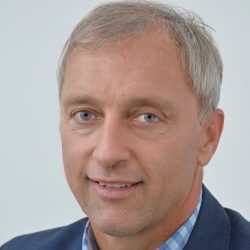
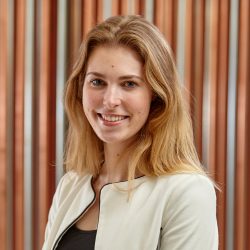
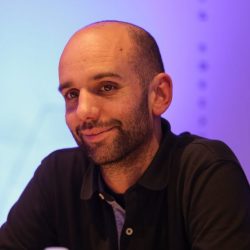
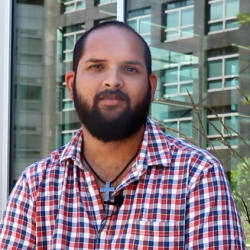
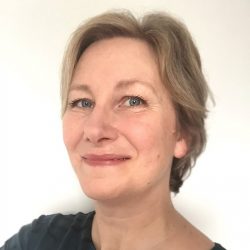


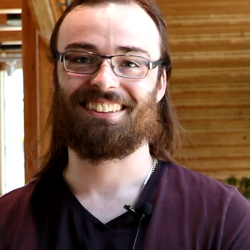


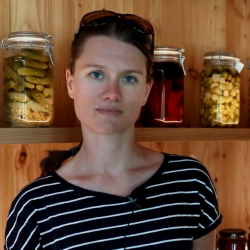





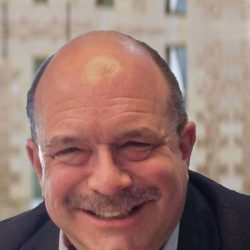

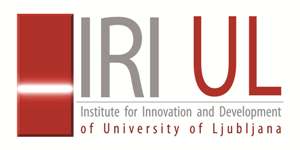

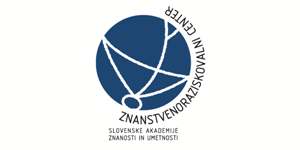

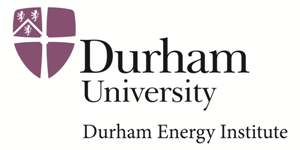
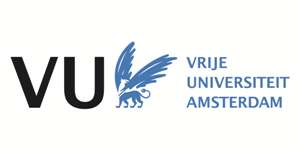





Loading...